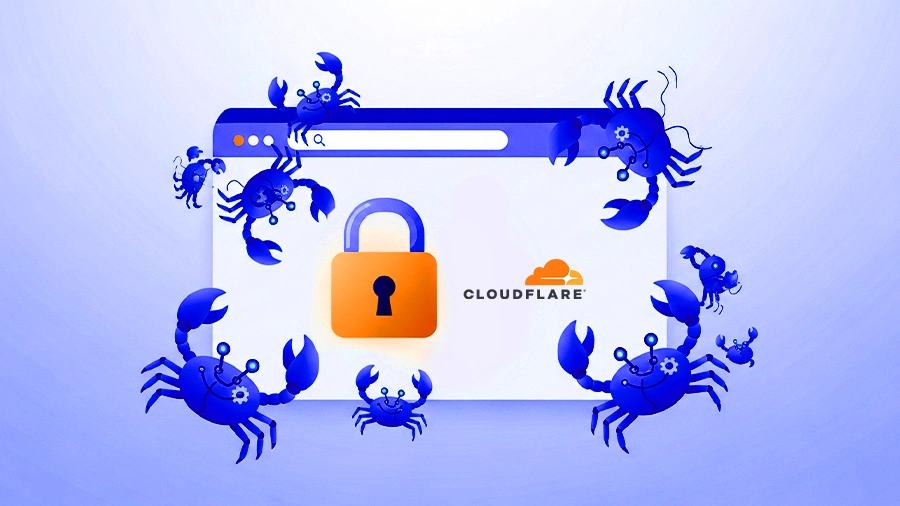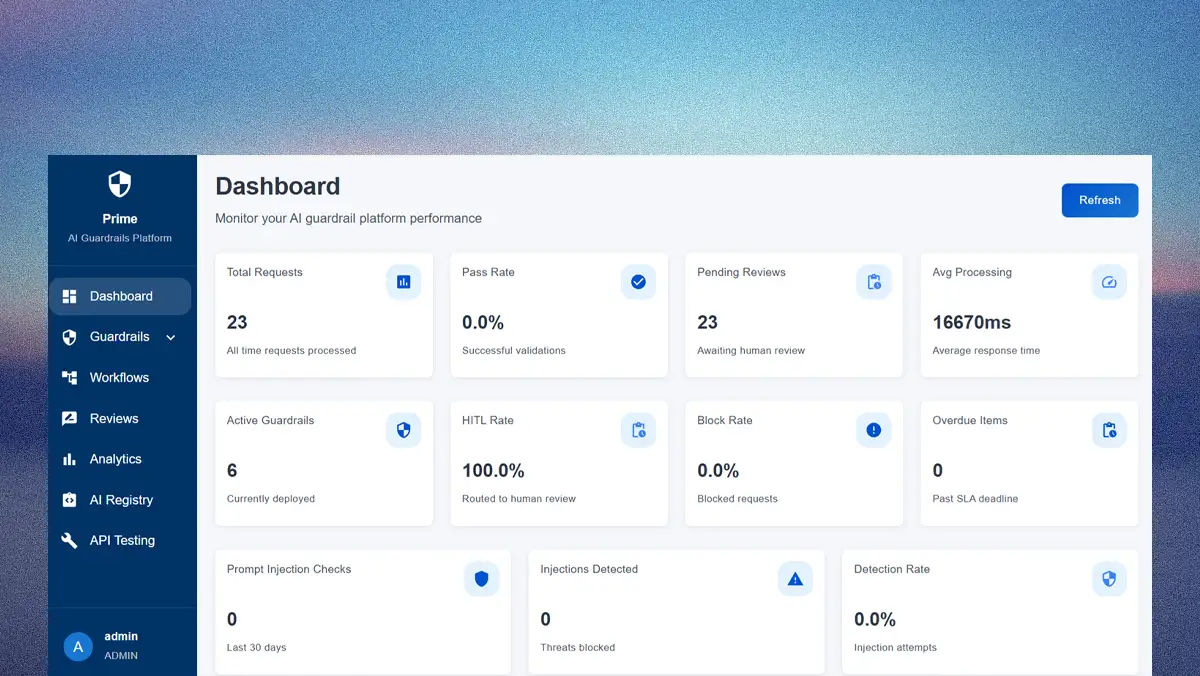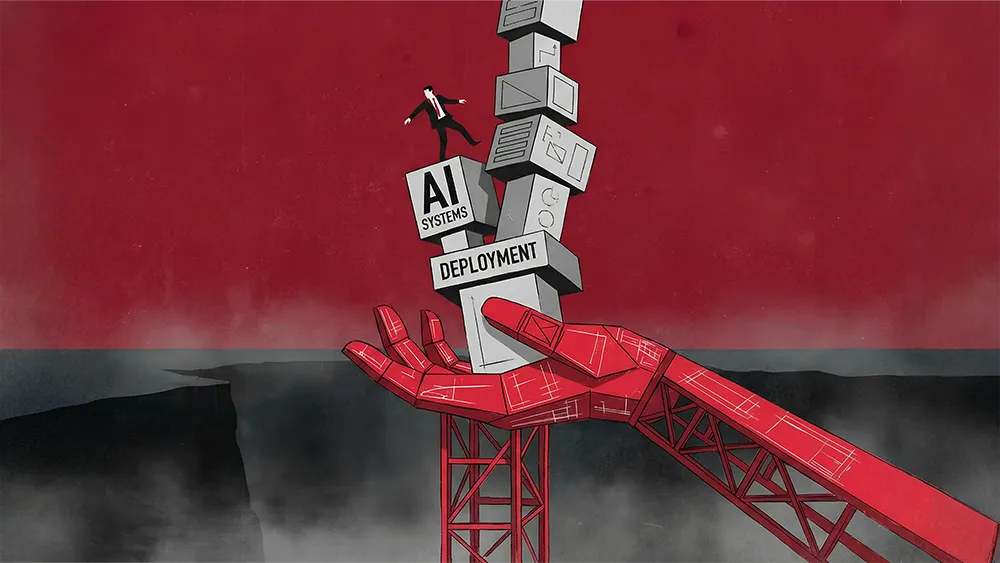Back to New Tab
A Cybersecurity Attorney's Take on the New AI Content Policies Reshaping the Internet
AI
As a 'pay-per-crawl' internet emerges for AI, Scott Murphy, Special Counsel at Dentons Davis Brown, discusses the new economy of content monetization.

It comes down to the control of the content more than anything. If it gets into the wild, how would it be treated? How would it be perhaps misaligned? It gives content creators an incentive to create a vetting process for scraping and other types of access.
*The views and opinions expressed by Scott Murphy are his own and do not necessarily represent those of any former or current employers.
The recent move by Cloudflare to block AI crawlers by default could define the internet's future, some experts say. In July 2025, the company announced more granular options for site owners to control the type of AI bots that crawl their pages. It also introduced a 'pay-per-crawl' initiative, where AI companies compensate creators and site owners for access to the content they need. For many, the moment invites an important conversation about risk, intellectual property, and attribution.
To learn more, we spoke with data privacy and cybersecurity attorney Scott Murphy, Special Counsel at Dentons Davis Brown. A U.S. Army veteran with over 20 years of experience, Murphy's expertise lies at the intersection of business, law, and technology. From his perspective, initiatives like this one could solve a serious dilemma for news publishers and tech firms alike.
A question of control: Intellectual property concerns are on the rise in the AI era, Murphy explained. Now, companies like Cloudflare could help level the playing field between AI companies and the content creators they depend on. "It represents what's possible as far as balancing the needs of content providers and AI companies in a controlled, compensated fashion. And that really seems to be missing right now."
In many ways, the new approach represents an important first step toward a more sustainable future, Murphy continued. It could even serve as a template for the rest of the industry. But it could also introduce unintended consequences for the very parties it intends to protect.
The haves and have-nots: A win-win situation is possible, Murphy said. "We're already seeing a happy medium with licensing for certain content between providers and AI companies. This is just another step down that road." But the new economy of control and quality may not be an equitable one, he predicted. Instead, the immense capital required to compete will likely favor the most prominent players, leaving the smaller ones behind. "Some content providers or publications do not have the resources to go to Cloudflare or the ability to protect their own content from unauthorized scraping."
An unseen danger: Murphy also identified a less obvious but equally fundamental flaw in the new system. The lack of uniform standards across companies, platforms, and jurisdictions could introduce significant risk. "When everyone builds silos, the gaps for threats to exploit only widen. That creates a massive opportunity for bad actors to operate and manipulate or steal content." And with AI-generated misinformation on the rise, the potential risks could be catastrophic.
The debate is no longer about the nuances of scraping versus training, according to Murphy. "It comes down to the control of the content more than anything. If it gets into the wild, how would it be treated? How would it be perhaps misaligned? It gives content creators an incentive to create a vetting process for scraping and other types of access."
A scholarly model of attribution: The first step toward fair compensation is a system of clear and consistent attribution, Murphy said. "The credit piece is going to become a more critical element as people add on to, edit, or critique content. Attribution will be an important component to determine how people might be compensated for work they had originally done." To solve the compensation puzzle for derivative content, Murphy proposed an academic-style attribution model as a necessary first step. "It might be something similar to when you have scholarly articles, when they refer back to an author and they cite that as, 'This wasn't mine, but I gleaned an idea from so-and-so,'" he suggested.
In a world flooded with AI-generated noise, the value of authenticated, original work will also skyrocket, Murphy concluded. The real value proposition for gating content is distinguishing it from what he calls low-quality 'open range content,' where the material may have been manipulated or modified. Ultimately, the problem is not one with a clear solution on the horizon, he concluded. "It's a complex, global issue moving at an incredible speed. Being in this space is like drinking from a firehose. I don't think anybody really has a handle on it, to be honest."



